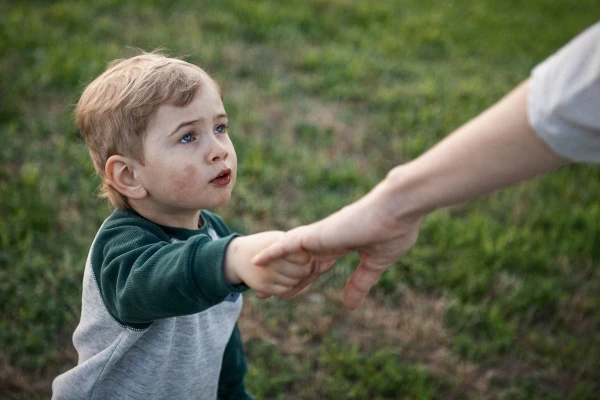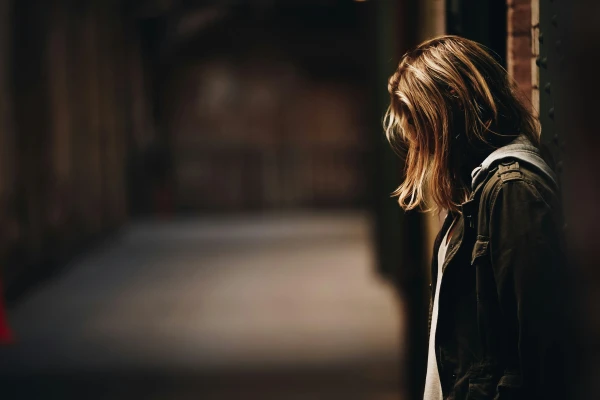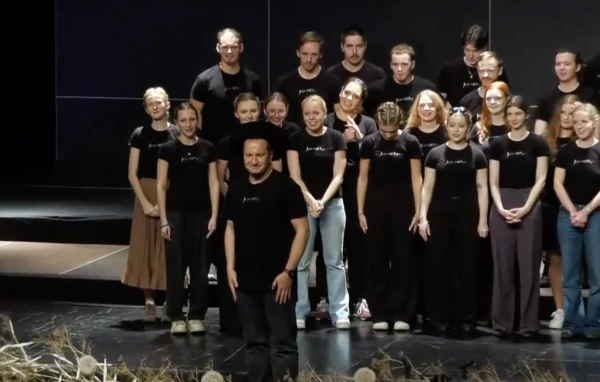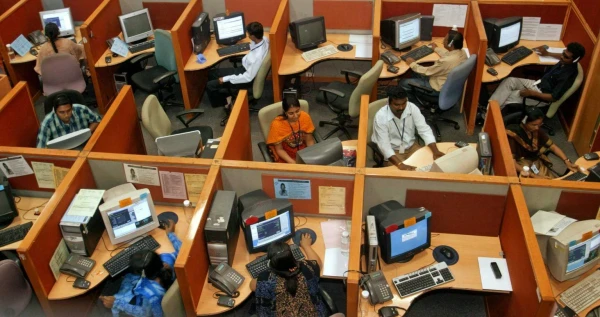
We are all living people and sometimes we argue and fight. Adults can argue about "who is to blame" endlessly, but if there is a child in the family, unfortunately, they will always be the victim: either without care and attention, or without parents, or completely without a home and everything.
The State Audit Office of Latvia recently released a study with the alarming title "Stolen Childhood. Every child has the right to grow up in a family." The Cabinet of Ministers led by Evika Silina, a mother of three, has updated the activities of orphan courts.
There is nothing more permanent than temporary
What happens to those children who, for various reasons, have fallen out of the usual home environment? Latvia has officially pursued a course of so-called "deinstitutionalization" for many years – children's homes, or "child care institutions" have been reduced to a minimum. I have visited several such social centers in Riga and can attest: there are at most a few dozen children there, and they only sleep and eat there, while attending regular schools. The problem affects thousands.
However, the current legal regulation in our country does NOT provide for foster families as a long-term form of out-of-family care. The placement of a child and care for them in a foster family is provided ONLY until the child can return to the care of their parents, or until guardians are appointed, or until the child is adopted.
In fact, 36.21% of foster families raise children for more than 3 years, 36.36% – from one to three years, and 27.43% – for more than a year.
This is not all: the State Audit Office noted that "the potential of the orphan court's activities in searching for guardians cannot be considered in the best interests of the child in many cases."
How guardians are sought:
-
they determine the circle of all relatives of the child, from close to distant, using data from the Residents' Register;
-
after finding relatives, they conduct negotiations (not just formal letters, but "using all possible levers and tools..."
-
they inform non-relatives of the child who wish to obtain guardian status about the support available.
According to Article 222
This section of the Civil Law states the unwavering rule that "a child without parental care needs a guardian."
Who will not receive guardian status:
-
a person of advanced age who is therefore unable to bear responsibilities;
-
health conditions that prevent guardianship;
-
if a person is already caring for several individuals, including children.
The document prepared for the Cabinet of Ministers also states that "the fact that a person lives abroad is not, in itself, a reason to exclude that person from the list of potential guardians for the child." This means that, in fact, our infant could easily be sent from Latvia to Ireland, to a wealthy aunt, for example. In the modern interpretation of children's rights, this is certainly better than a national orphanage.
Who cannot be guardians
-
those whom the parent(s) of the potential orphan have already excluded from the list of potential guardians;
-
individuals convicted of violent crimes, if their conviction has not been expunged;
-
if a person previously performed guardian duties unsatisfactorily and they were revoked – they cannot become a guardian again;
-
members of the Orphan Court themselves are not allowed to take guardianship over a child, otherwise – a conflict of interest!
-
and in Latvia, a minor cannot take guardianship over a child. However, at 16-17 years old, modern teenagers could, to the benefit of both themselves and society, care for, for example, a preschool-aged sibling. If, of course, the authorities would take on financial support and provide guidance. After all, isn't that better than strangers?
Portrait of a local family
As of early 2025, there were a total of 478,286 families in Latvia, which is 1.7% less than at the beginning of 2024 (according to the Central Statistical Bureau).
-
85,566 – married couples, with no other children living in the family,
-
82,874 – married couples, with at least one child under 18;
-
21,363 couples living in unregistered cohabitation without children, of which –
-
16,842 families have at least one child under 18;
-
15,955 single-father families with at least one minor child,
– 93,495 single-mother families with at least one child under 18.
The numbers for summer 2025 show that there are 344 children in foster families in Riga – this is almost a quarter of the total number in the country. The orphan court of our city "forecasts a significant volume of work."
Where to get the money?
Despite the fact that it is practically impossible to squeeze out an extra euro in the country – all budget priorities are currently directed towards the war – they intend to allocate more for children in 2026... a whole 76,997 euros. It is expected that in 2026, there will be 1,464 children growing up in foster families in Latvia. What a state generosity – a whole 52 euros and 59 cents per child per year.
At the same time, regardless of the financial problems of the foster family, the court will constantly monitor: "the orphan court represents the personal and property interests and rights of the child placed in the foster family."
However, if we refer to the above statistics of child-free individuals, we will understand that the country has simply inexhaustible resources of families who either already consider themselves to have fulfilled their parental duty or originally neglect it. After all, in modern life, there are so many consumer pleasures besides the boring functions of giving birth and raising children.














Leave a comment